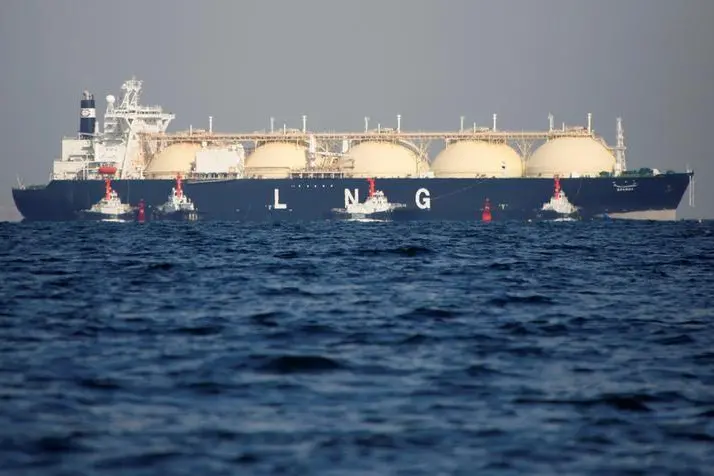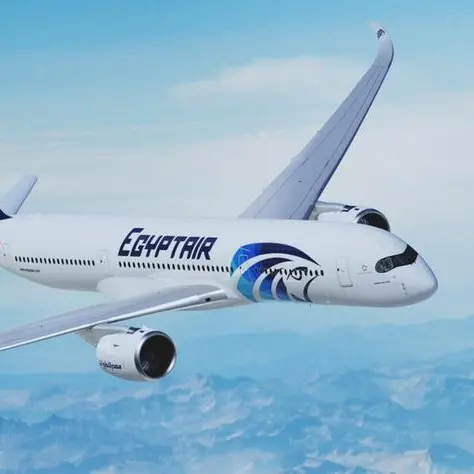PHOTO
BEIRUT: As Lebanon moves forward on two major energy projects fixing the electricity sector quickly and exploring for natural gas to provide fuel years down the road an important stopgap measure is also primed to move forward. By the end of April, we hope to have a preferred bidder or bidders to provide floating storage and regasification units, or FSRUs, announced Zaher Sleiman, an adviser to Energy Minister Nada Boustani, at the Lebanese International Oil and Gas Summit at the Hilton Habtoor Tuesday.
The FSRUs would be points of import for liquefied natural gas located Deir Ammar, Selaata and Zahrani the reported sites of the first three new power plants under the electricity plan set to be adopted at Thursdays Cabinet meeting.
Eight consortiums bid on providing FSRUs last November; since then, their bids have been under evaluation by the ministry with the help of Poten and Partners, a consultancy.
Once the preferred bidders are identified, it will be up to the Cabinet to decide which companies get the eventual contracts.
The goal is to allow Lebanon to import and run on cheaper natural gas until it is able to find and extract its own natural gas assuming it exists in economically viable quantities. While no gas has yet been found in Lebanons territorial waters, a consortium of companies led by Total is expected to begin drilling its first exploratory well later this year. But if gas is found, it will still take years to ramp up production and Lebanon needs to cut its fuel bill immediately.
Sleiman put the annual fuel bill at around $2.1 billion, but said this could be reduced to $1.5 billion by switching to natural gas. The country currently runs on more expensive options, diesel and heavy fuel oil.
At the same time, a hike in electricity prices currently below the cost of production would wipe out the rest of the states losses in the sector. If everything goes to plan, it would go much of the way to fulfilling a key commitment Lebanon made to donors at the CEDRE conference in Paris one year ago: reduce the deficit-to-GDP ratio by 5 percentage points over five years. If Lebanon keeps its promises, it could unlock some $11 billion in donor pledges for infrastructure projects.
Copyright 2019, The Daily Star. All rights reserved. Provided by SyndiGate Media Inc. (Syndigate.info).





















